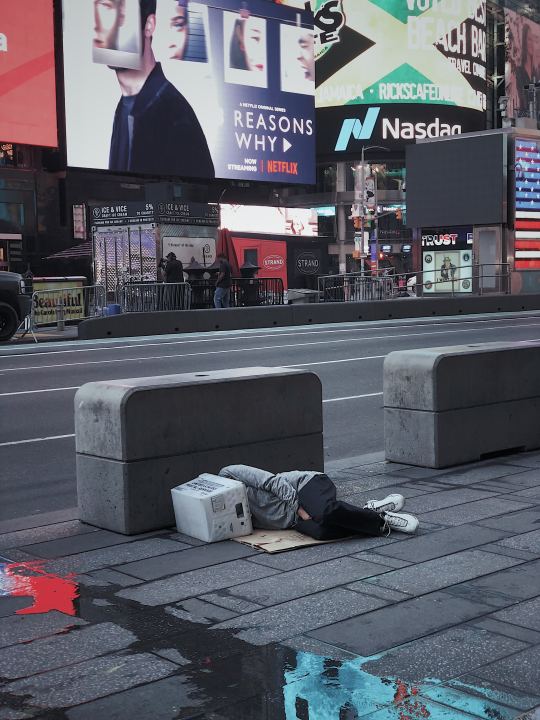
Less than one month from now, San Francisco’s citizens will vote on whether to tax their city’s wealthiest businesses to raise $300 million a year, half to be dedicated to permanent housing to get the homeless off the streets. In 2016 139.2 million went to subsidize rent to prevent former homeless people from eviction. This and other funds were divided between 76 private organizations. They don’t know exactly how many homeless this money is helping.
Discarded needles, trash and human poop litter these homeless camps. Public officials clear out camps and attempt to get people into shelters, but the number of homeless barely changed even with $241 million spent (2016).
Without enough services for the mentally ill, the disabled, and those with drug and alcohol addictions, providing homes may not keep them off the street. Their last homeless count reached 7500. If with the new money they fail to pay their share of the reduced rent, they’ll still be evicted again. (rapid re-housing) For the other 38% of homeless not in the above groups, these people can be helped with permanent housing. But is the cost too steep? If the new tax is enacted, this might get roughly 2850 people into a subsidized home but the remaining 4650 people may still end up back on the streets. It seems like it would continue a cycle of dependency.
Housing First is a program which puts homeless people into a home first, then offer services to help with mental health, or helping people get free from their addictions. Rapid re-housing subsidizes rent in the community and this works in some communities where the rent is not in the extreme range. Both have their successes and failures. Both depend on strong services to help people with the underlying causes of their homelessness. Transitional housing is losing funding to these two housing (first) methods but often remains the most effective in keeping people off the streets. Still, I wonder if mental health people are able to live in communal settings, where there are shared dining or living areas so that one is hard for me to decide on. I hate the idea of asylums.
So what about San Francisco spending twice as much money on the homeless? I believe it’s not money that will help them get better, it’s the supportive grace-filled relational services that make the difference. If building more tiny homes, or small and temporary apartments really worked, this model would already have swept across the United States. I’m thinking that since the track record in San Francisco’s past spending shows little difference in reducing the number of homeless, then they should not be taking more money away from the businesses.
https://www.yahoo.com/news/san-francisco-vote-taxing-rich-041808671.html and https://www.sfchronicle.com/bayarea/article/Myths-like-homeless-problem-not-going-away-7238304.php?utm_campaign=email-premium&utm_source=CMS%20Sharing%20Button&utm_medium=social